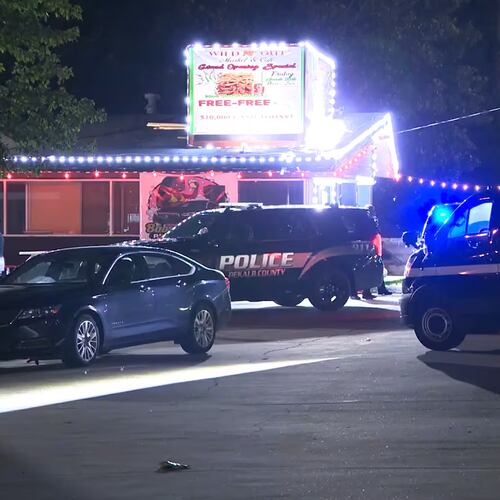The Georgia Supreme Court ruled Monday it will no longer automatically hear pretrial appeals by defendants who claim they were denied their right to a speedy trial.
The court, citing a 1978 U.S. Supreme Court decision, said such appeals only cause further delays and undermine the intent of the constitutional guarantee. The state Supreme Court’s unanimous ruling overturned its own precedents dating back to 1994, which the court now says were wrongly decided.
The court issued its ruling against Marcin Sosniak, who faces a Forsyth County death-penalty prosecution for the March 2006 killings of Kyle Elliott Jones, 17; Lynn Bartlett, 56; Mariel Elisabeth Hannah, 18; and William Christopher Osment, 15.
Sosniak was twice granted requests to delay his trial, initially set for January 2011. When a Forsyth judge rejected Sosniak’s third request for a delay, Sosniak’s lawyers filed a motion to dismiss the charges on grounds Sosniak’s right to a speedy trial had been violated.
The trial judge refused to do so, finding Sosniak had “methodically maneuvered throughout the litigation to prevent the trial of this case.” Sosniak then appealed that decision under the assumption the high court had no choice but to hear it.
But Justice Harold Melton said the state Supreme Court only hears appeals of “final judgments,” such as when a judge dismisses charges against a defendant after finding a speedy trial violation. If a defendant wants the file an appeal of a judge’s pretrial ruling that denies a speedy trial motion, the defendant must now ask for permission to do so.
Noting Sosniak may have been caught by surprise, Melton still addressed Sosniak’s speedy trial claim. The trial judge correctly ruled against Sosniak, Melton said.
Justice David Nahmias, writing a concurring opinion joined by Justice Keith Blackwell, said Sosniak has been in no hurry to go to trial — perhaps because of rulings that determined his admissions to police, such as where the murder weapon was discarded, can be used against him at trial.
“No longer will defendants in Georgia be able to invoke the right to a speedy trial to achieve exactly the opposite of the constitutional guarantee — lengthy and unnecessary delays in criminal trials,” Nahmias wrote.
About the Author
The Latest
Featured


